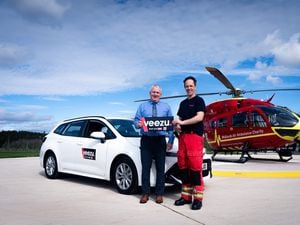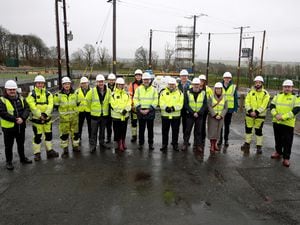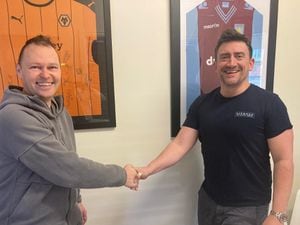Telford 3D printing specialist provides face shields for NHS workers
A Telford 3D printing business has ramped up its support of the nationwide effort to tackle the Covid-19 crisis by using its technology to produce 40,000 face shields a week for NHS workers.
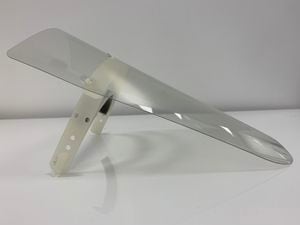
Ricoh 3D is now in discussions with medical establishments and NHS Trusts across the UK, after working around the clock to get effective protective equipment to the frontline using the rapid prototyping capabilities of additive manufacturing.
Just 24 hours after receiving the design file, the Ricoh team had the head support 3D-printed and remaining components sourced and assembled using the power of their supplier network. Having refined the design to enhance comfort and reduce contamination, the face shield has now been approved for production.
It is estimated in London alone more than 150,000 face guards will be used every day in the battle against Covid-19.
See also:
Ricoh will upscale to full production utilising a 150-tonne injection moulding machine to manufacture more than 40,000 face guards a week.
Mark Dickin, additive manufacturing and moulding specialist at Ricoh 3D, said: “Our site is uniquely set up to take a product from concept to prototype to serial production, and that is exactly what we have done here in a very short time-frame.
"This really is testimony to the strength of our supplier relations and the cross-functional team who made it happen so quickly. Local suppliers for the foam, elastic strapping and visor components have come forward across our production print, design solutions and quality assurance networks.
“We were seeing reports of nurses' faces being cut and bruised by their existing protective equipment. Our frontline workers are battling enough already, without having to tend to sore and swollen faces at the end of a 12-hour shift.
“We knew our polypropylene material was ideally suited for the job with its flexible, lightweight, watertight and fatigue-resistant nature.
“Given its comparable properties to injection moulding, we had no doubts that this was the right material to support the transition to full moulded production.”
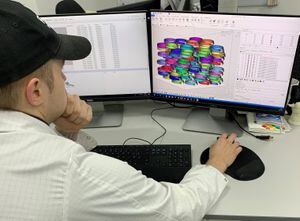
Jason Pott, lead research nurse for emergency medicine at The Royal London Hospital, said: “In our tests, staff commented on the comfort of Ricoh’s solution over existing equipment.
"We tested across a range of male and female staff in the emergency department with different head shapes, hairstyles and head scarves – everyone was happy with the fit. Innovations like this help staff in the NHS to remain safe while caring for those in need.”
Ricoh 3D already produces more than five million mouldings per month for the print giant’s toner business, with capacity available at a moment’s notice at its 828 sq m injection moulding facility.
Mr Dickin added: “3D printing and injection moulding are the perfect technologies in the fight against Covid-19, allowing us to maintain full production while keeping our staff safe by having only one to two people on site. It’s true lights-out manufacturing.
“Currently, hospitals are disposing of masks approximately every one to four hours and we are looking very closely at how we can half their volumes by giving staff the ability to re-use the headband component.
“Ricoh 3D is now in talks with hospitals across the UK in the hope that together we can make a difference and help our communities.”

